Eating nutritious vegetables is essential for a healthy lifestyle. These nutritious vegetables provide important nutrients and vitamins that keep you feeling good and support your overall well-being. Depending on your health goals and lifestyle, incorporating these nutritious vegetables into your diet can help fill in any nutritional gaps.
While many vegetables are beneficial, the 15 nutritious vegetables on our list are especially important for improving your health and well-being. These nutritious vegetables offer a range of benefits that can enhance your overall quality of life.
Here are the list of nutritious vegetables
1:Cauliflower
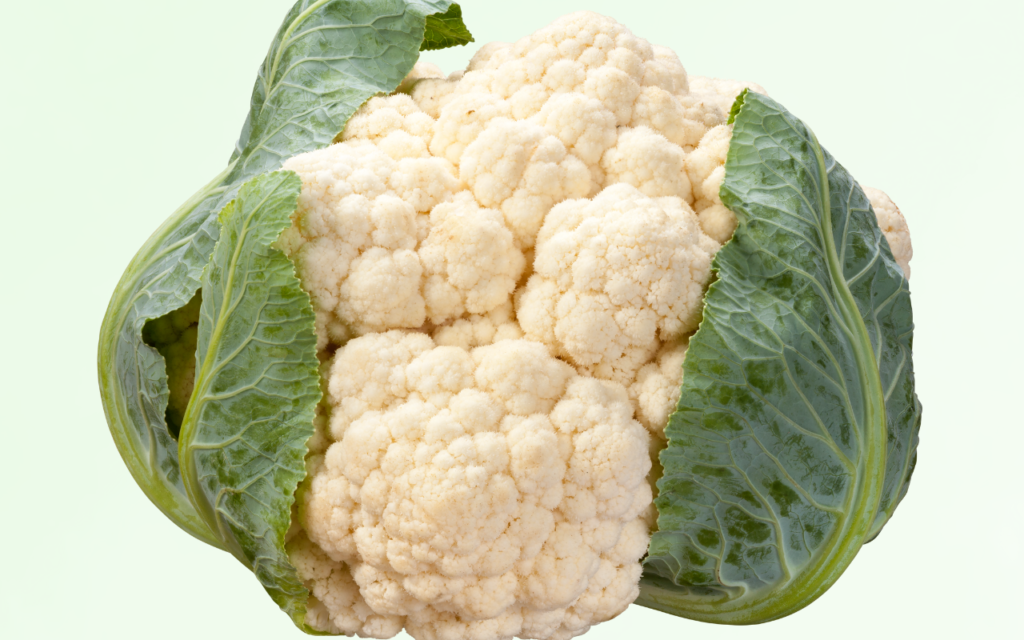
Cauliflower is often overlooked, but it is packed with dietary fiber, which is crucial for both gut and heart health. This vegetable helps prevent digestive problems and fights obesity. As a member of the cruciferous vegetable family, cauliflower contains an antioxidant called I3C (indole-3-carbinol), which has shown potential in combating cancer cells. Health experts believe that cauliflower can significantly reduce the risk of cancers in the reproductive systems and breast for both men and women.
2 Alfalfa Sprouts
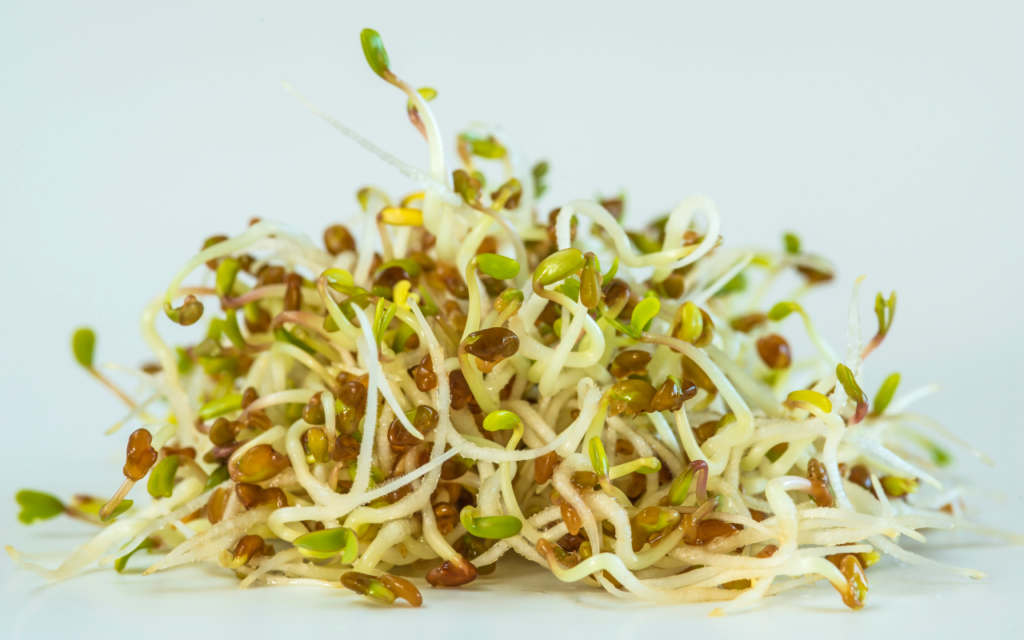
Alfalfa sprouts are low in calories (just 8 calories per cup) and rich in vitamin K. They contain beneficial plant compounds like phytoestrogens, flavonoids, and saponins, which promote good health. Doctors recommend alfalfa for people with kidney and heart issues as it can help alleviate symptoms. Its antioxidant properties also help fight inflammation, and eating sprouted alfalfa boosts your protein intake.
3 Spinach

Spinach is rich in antioxidants, iron, and vitamins, making it a great addition to your diet, especially if you’re vegan or don’t eat meat. One cup has only 7 calories. It’s excellent for bone health, blood production, and its magnesium helps with nerve and muscle function.
4. Broccoli
Broccoli is a very healthy cruciferous vegetable. It’s rich in vitamin K, which helps with blood production, and vitamin C, which acts as an antioxidant. Broccoli also contains sulforaphane, a compound that may help block tumor growth and reduce breast cancer cells.
5 Seaweed
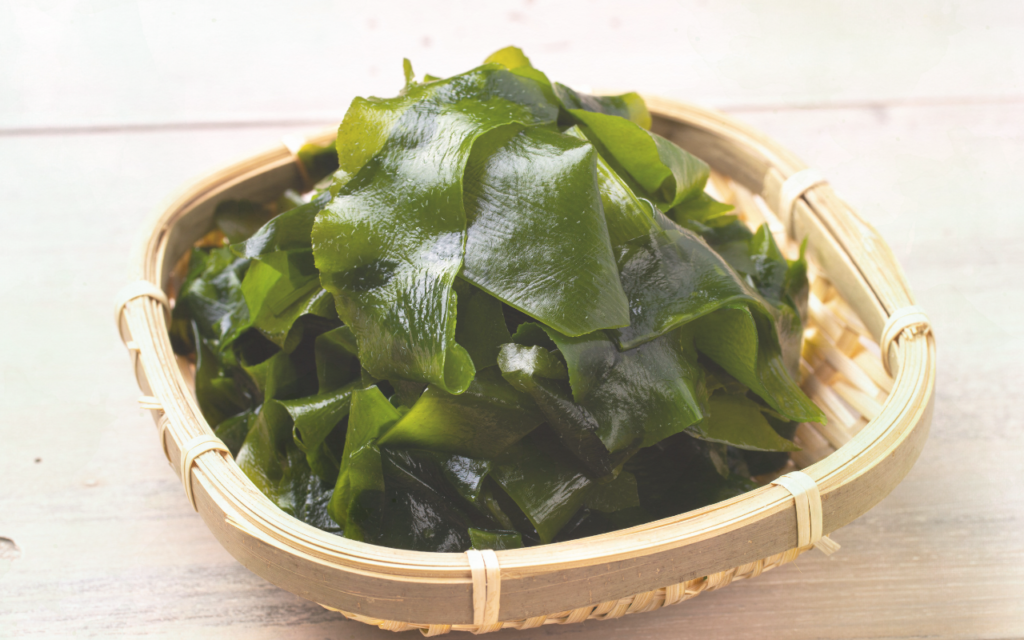
Seaweed is a nutritious plant packed with omega-3 fatty acids, which help reduce the risk of heart attack, stroke, and abnormal heart rhythms. It also lowers triglyceride levels and blood pressure, and slows down plaque development in arthritis. Additionally, seaweed is rich in iodine, essential for thyroid function.
6. Bell Peppers

Bell peppers aren’t just for adding color to your dishes. They are packed with vitamins and minerals. Available in orange, green, yellow, and red, they are rich in folate, B vitamins, beta-carotene, and antioxidants like lutein, quercetin, and capsanthin, which are great for eye health.
7. Onions
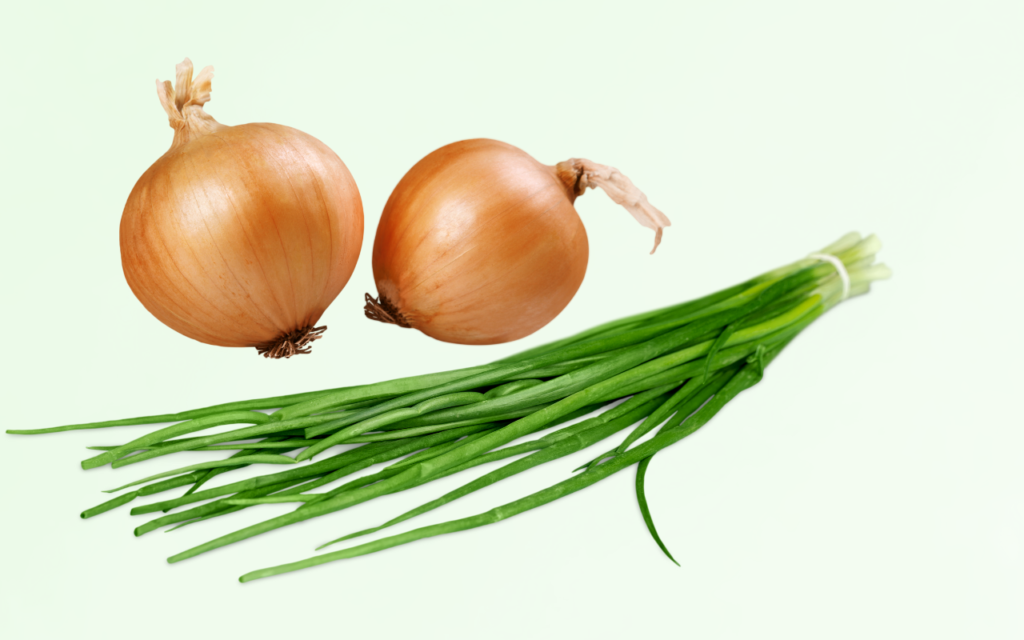
One of the best things about onions is that they taste good, whether eaten cooked or raw. Onion is a sulfur-rich vegetable that can help protect against cancer. Moreover, compounds like manganese, vitamin C and B-6 are also found in abundance in onions. They are beneficial for bone health and play a crucial role in blood sugar regulation.
8 Carrots
Carrots are a popular raw snack and are packed with beta-carotene, which meets your daily vitamin A needs. Vitamin A is crucial for eye health and helps prevent vision loss. Additionally, carrots contain nutrients with cancer-fighting properties. Research suggests that carrot juice may help inhibit the growth of leukemia cells.
9. Beetroot
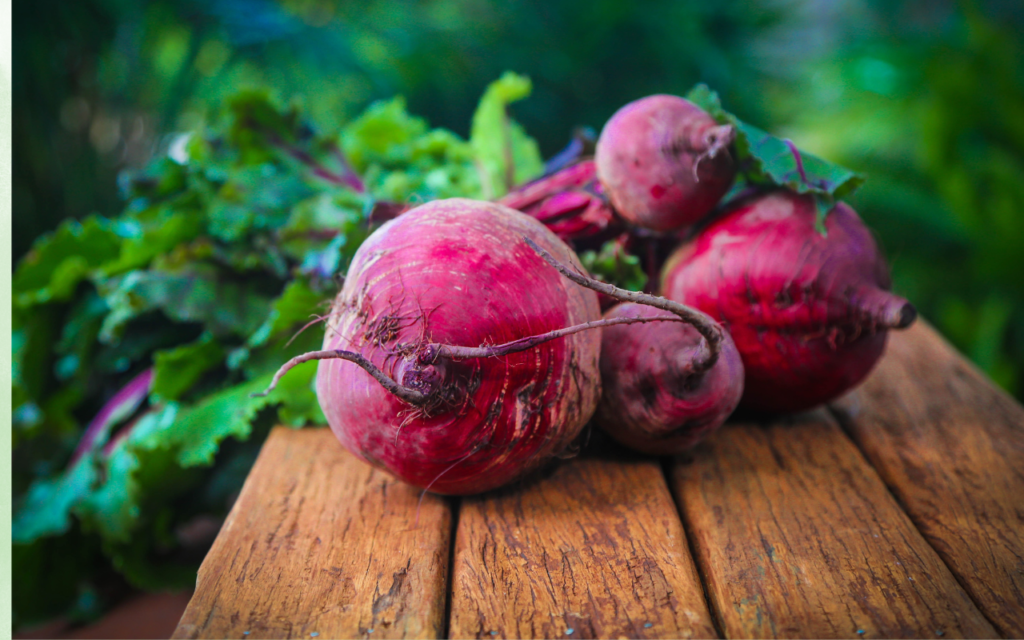
Beetroot is great for diabetics because it contains alpha-lipoic acid, which helps treat nerve issues caused by diabetes. Eating beetroot or drinking its juice can lower blood pressure. The nitrates in beetroot also boost exercise performance.
10. Sweet Potatoes
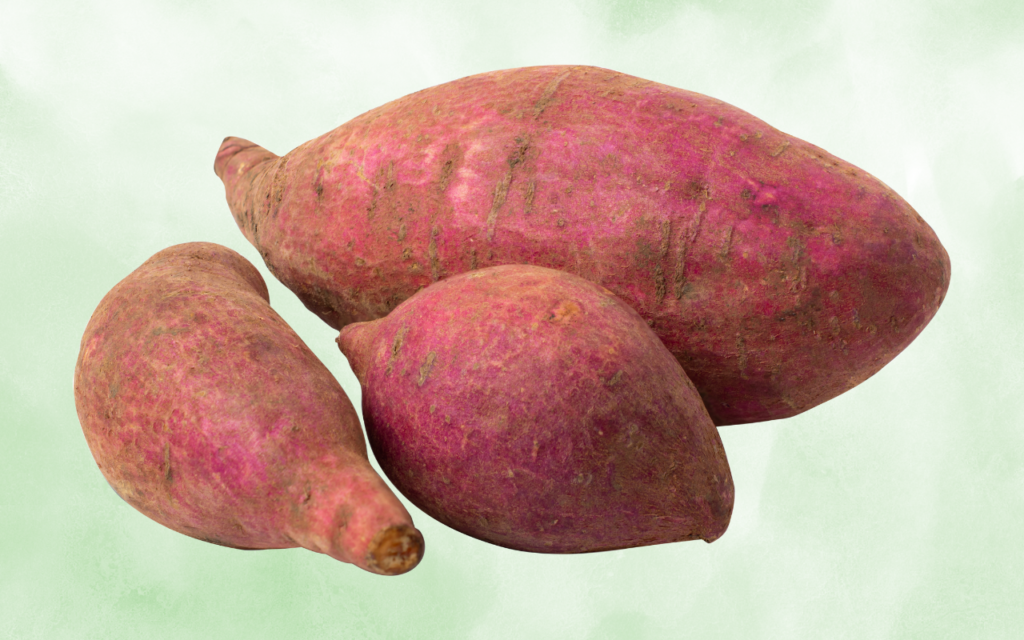
Sweet potatoes are great for those who are into weight training as a medium potato can provide 0.17 grams of fat and 103 calories. Moreover, doctors also recommend sweet potatoes to diabetic patients as they are low on the glycemic index. And since they are rich in dietary fiber, sweet potatoes can help you improve your digestive health, ensuring proper bowel movements.
11 .Peas

Peas are sweet, starchy vegetables high in protein, fiber, and vitamins A, B, C, and K. They boost gut health and the immune system, making them ideal for meat-free or dairy-free diets. Rich in saponins, peas also offer anti-cancer and antioxidant benefits.
12. Kale
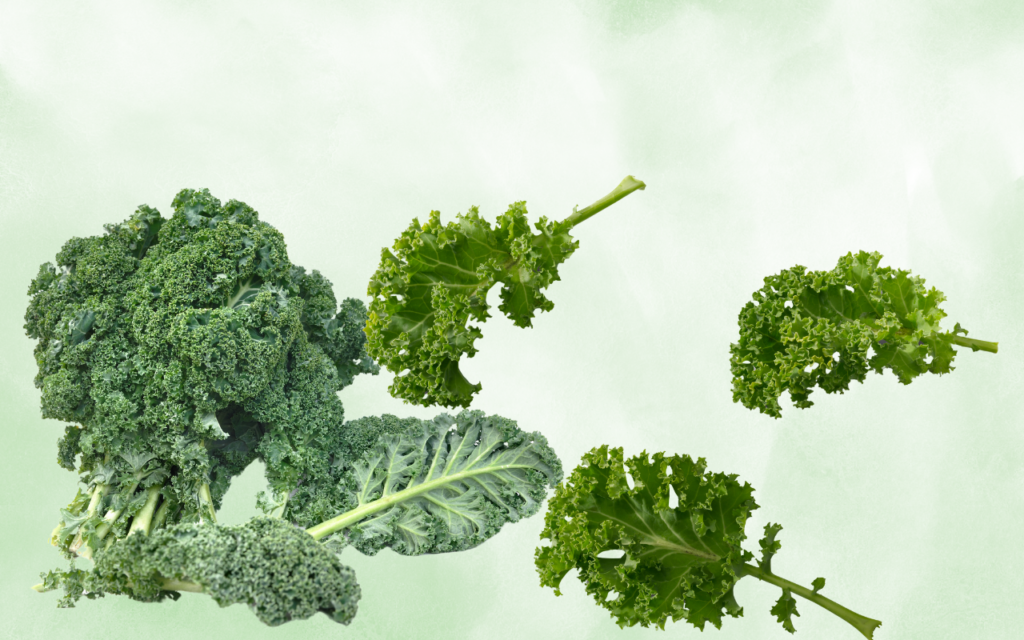
Kale is a leafy green vegetable like spinach and is great for your heart health. It’s recommended for people with high cholesterol because it helps boost ‘good’ cholesterol and lower ‘bad’ cholesterol. Drinking kale juice can also help manage blood sugar levels.
13.Garlic
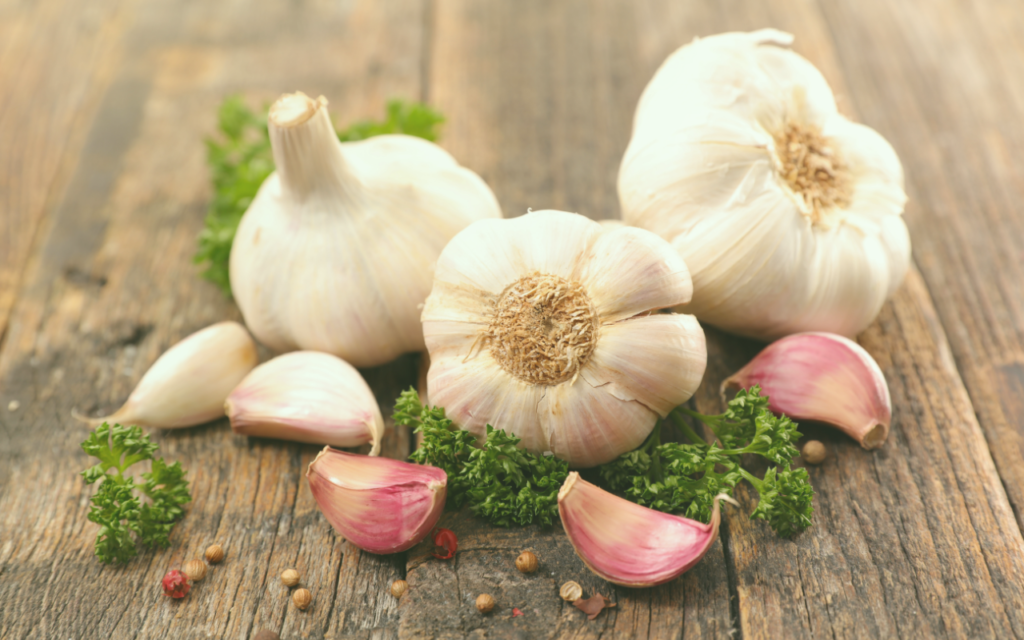
Garlic comes from the same family as onions. It has been used for centuries in medicine and cooking and is known for its potent medical properties. Garlic has a distinct flavor, mostly because of its sulfur compound. It acts as an excellent antibacterial agent that combats sickness, including the common cold.
14. Asparagus
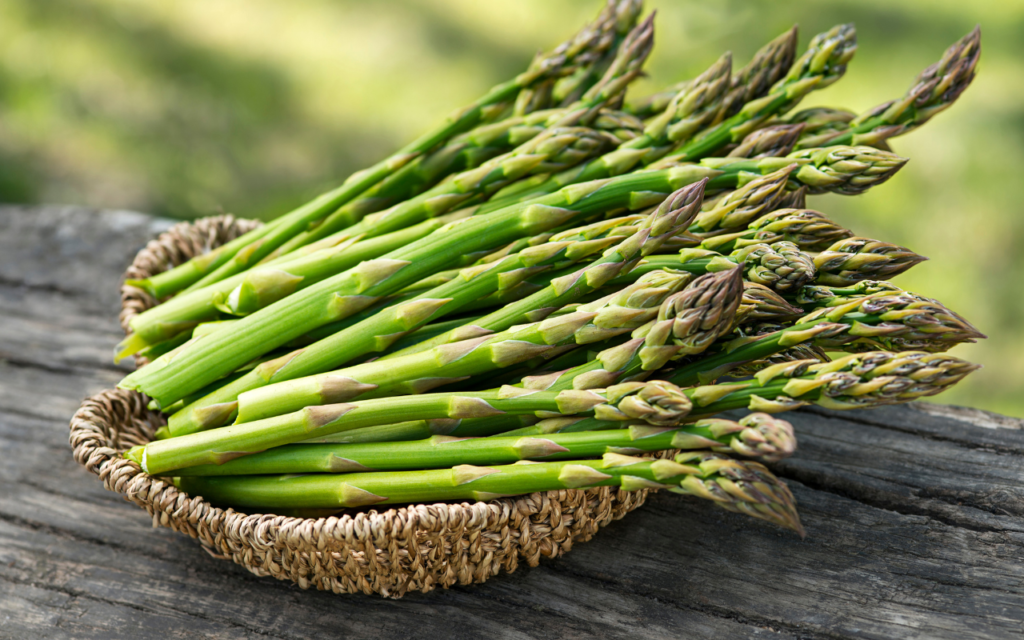
Asparagus is rich in fiber and packed with essential micronutrients, including vitamins A, C, and K, as well as folate. For pregnant women, incorporating asparagus into their daily diet can support healthy pregnancy outcomes. Additionally, asparagus is a great choice for those looking to manage their weight, making it a beneficial addition to a weight loss plan.
15 Eggplant
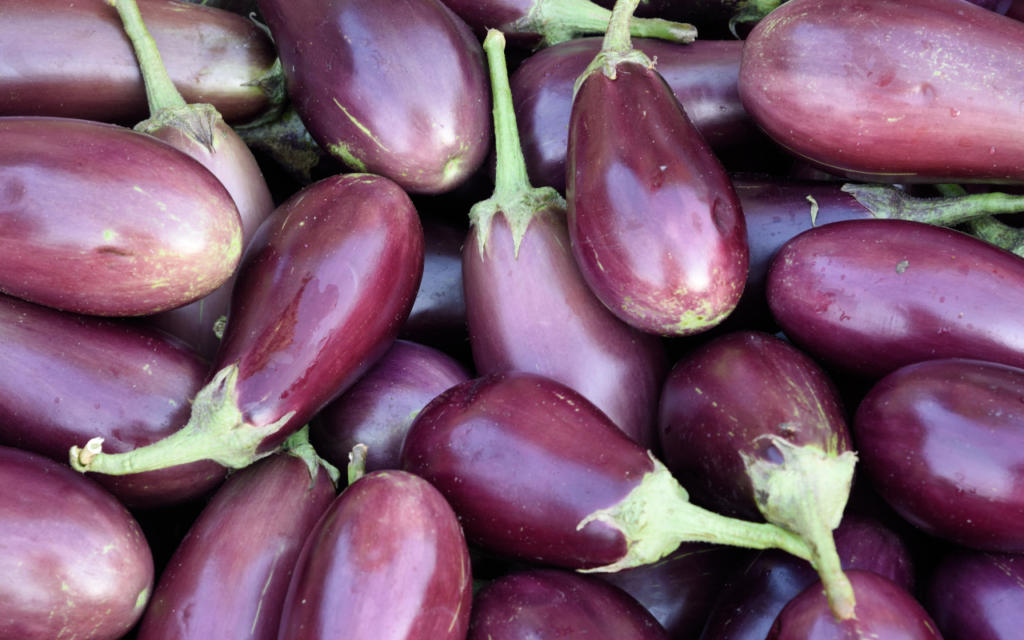
Eggplant is a versatile vegetable that comes in various types and offers numerous health benefits. It is particularly noted for its cardioprotective compounds, which can help lower the risk of heart disease. Additionally, eggplant may support weight loss efforts and has potential cancer-fighting properties.
Conclusion
Including nutritious vegetables in your daily diet is crucial because they provide essential nutrients, vitamins, and minerals. Nutritious vegetables can be prepared in various ways to suit your taste, making it easy to get the nutrients you need for a healthy diet. Try Nutritious vegetables Now.
For a detailed overview of the benefits of various nutritious vegetables, check out this informative video on YouTube
Author

















👍👌 nice 🙂
Usefull 👍👍